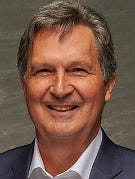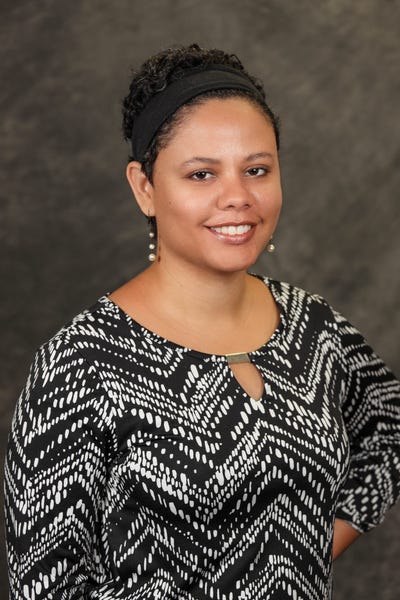"The hardest thing is winning a new customer," said Trans4mers' Mike Schmidtmann.
September 7, 2022

When it comes to its sales team, an MSP might struggle with employee compensation. However, Mike Schmidtmann, a peer group facilitator, business coach and owner of Trans4mers, says organizations can navigate the complexities of the compensation landscape.
Schmidtmann has spent years outlining how and why MSPs should solidify their compensation plans for salespeople. He will share this insight in the conference session, “Optimizing Your Sales Compensation Plans,” at next week’s MSP Summit.

Trans4mers’ Mike Schmidtmann
“Ninety percent of what I do is keep the MSP from firing the salesperson or to keep the salesperson from quitting the MSP. The MSP never thinks the salesperson is selling enough and the salesperson never thinks they are earning enough money. And they don’t think the MSP is supporting them enough,” Schmidtmann said.
Keep up with all of the speakers, exhibitors and content at the MSP Summit. The event, Sept. 13-16, in Orlando, also features the all-new Channel Partners Leadership Summit. It’s not too late to register! |
He added: “The hardest thing in this business … is winning a new customer. That’s it. There’s nothing harder than that.”
That sentiment should encourage MSPs to do whatever they can to retain sales team talent, Schmidtmann said. Yet, compensation plans as they exist for many MSPs don’t do enough to keep these team members.
Turnover Rate
Although base salaries range from $40,000-$90,000, there’s a big difference in how MSPs pay their salespeople. For example, an MSP may decide to pay a team member an upfront commission. However, that salesperson might have to wait a while until their next sale before they earn again. Other MSPs go a different route and compensate agents with a monthly annuity based on a particular sale. That said, sometimes a salesperson doesn’t see earnings until a year from when the customer signs the contract. Schmidtmann said it’s as if salespersons are going up “Hamburger Hill,” a reference to the Vietnam War battle where soldiers likened fighting to being in a human meat grinder.
The turnover rate for MSP salespeople is somewhere near 80%, Schmidtmann said.
“And if I say that 80% of new MSP salespeople don’t make it a year, that’s conservative. It’s wildly higher than that,” he said.
What does an MSP have to do to maintain its sales workforce? Schmidtmann said one approach is to consider a hybrid structure, where salespersons get both an upfront commission and an annuity. To put that in perspective, about 16% of MSPs’ gross profit should go toward sales.
Company Culture
The other approach is changing the culture of MSPs. Often salespeople don’t have the support of a marketing initiative that could help attract additional customers.
“Many MSPs don’t have any marketing at all. They don’t have any lead generation. They don’t have anything to help a salesperson. So, it’s kind of like you’re sailing a sailboat into the wind. It’s difficult to make any traction with no leads, no accounts, no marketing, no name recognition. Nothing,” Schmidtmann said.
He suggests MSPs take a percentage of what they would pay the salesperson and allocate that for marketing. This could mean more money for everyone in the long run.
Properly investing in one’s sales team can make the difference between a $2 million revenue firm and one that reaches the $10 million dollar mark annually. Although many MSPs meet the first milestone, private equity won’t be interested in a company until they reach $10 million in revenue, Schmidtmann said.
Getting MSP leadership and the sales team to embrace financial goals can’t happen until expectations about work and compensation are ironed out.
Schmidtmann said getting them on the same page is a delicate balance.
Want to contact the author directly about this story? Have ideas for a follow-up article? Email Claudia Adrien or connect with her on LinkedIn. |
Read more about:
MSPsAbout the Author(s)
You May Also Like


